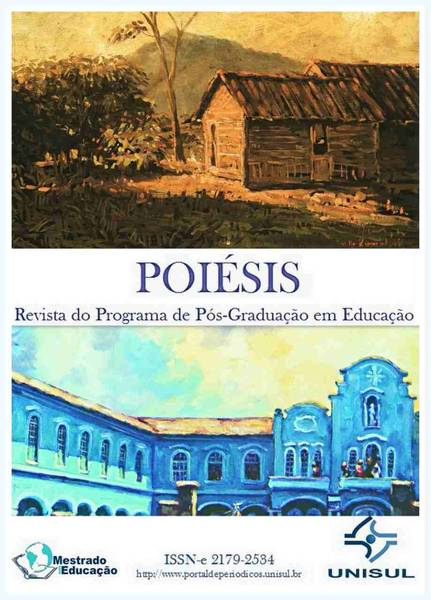POLÍTICAS E MÉTODOS DE ALFABETIZAÇÃO NAS ESCOLAS DE PRIMEIRAS LETRAS DA CIDADE DO ASSÚ/RN (1829-1908)
DOI:
https://doi.org/10.19177/prppge.v11e202017232-248Palavras-chave:
Escolas de Primeiras Letras, Alfabetização, Assú.Resumo
Neste artigo analisamos os métodos e políticas de alfabetização instituídos na consolidação das Escolas de Primeiras Letras na cidade do Assú/RN. Esse modelo educacional foi criado a partir da Lei de 15 de outubro de 1827, instituindo escolas de ensino primário nas cidades, vilas e povoados do recém criado Império brasileiro. A implantação das escolas na cidade ocorreu em 1829, quando era chamada de Vila Nova da Princesa e desenvolvia importantes atividades econômicas no interior do estado. Como principais métodos e características das escolas do período imperial, destacamos o funcionamento nas residências dos próprios professores ou em outros lugares adaptados, sendo os mestres também considerados o centro do processo educativo. As políticas aplicadas nas Escolas de Primeiras Letras apontam diversos entraves na sua consolidação, salários de professores estipulados de forma discriminatória e um perfil excludente no público atendido.
Downloads
Publicado
Edição
Seção
Licença

Poiésis is licensed under a Creative Commons Atribuição-Uso Não-Comercial-Não a obras derivadas 3.0 Unported License.


